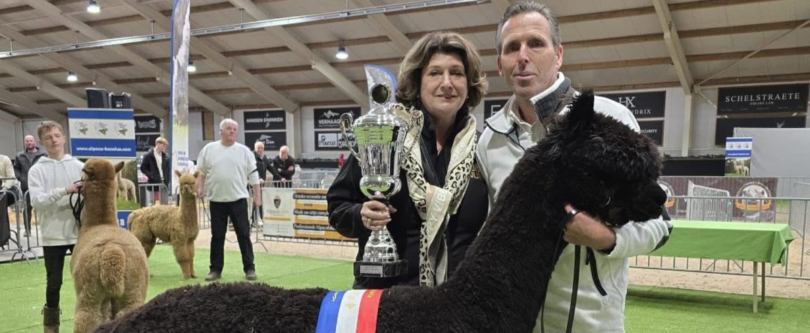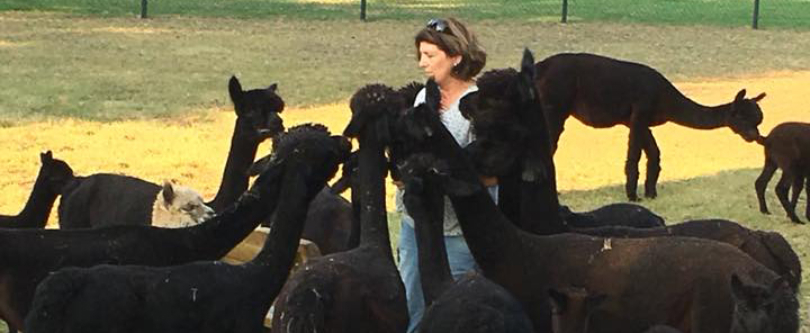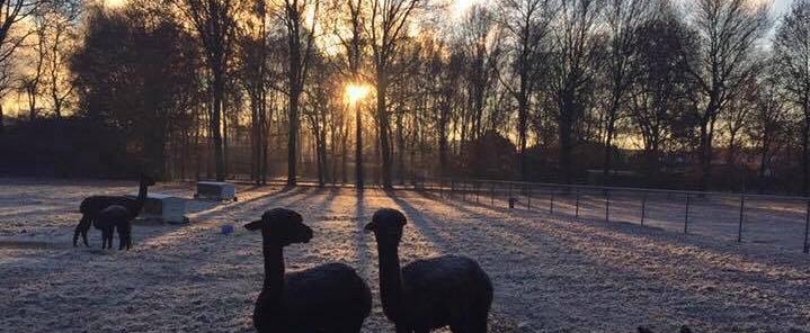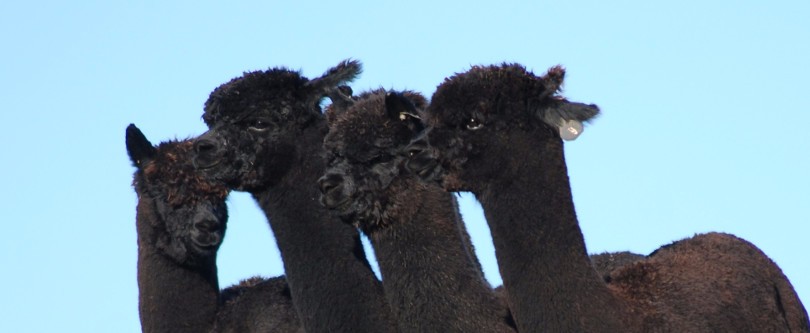 We take biosecurity very seriously here at Alpaca Farm Tienda Molino. As part of our commitment to biosecurity, all imported alpacas have been tested for bTB using the Enferplex bTB serological blood test and we have only ever had negative results.
We take biosecurity very seriously here at Alpaca Farm Tienda Molino. As part of our commitment to biosecurity, all imported alpacas have been tested for bTB using the Enferplex bTB serological blood test and we have only ever had negative results.
To find out more about the Enferplex test and Surefarm, the company that offer the test please click here
We work closely with our vet Jeroen Heinen from Dierenartsenpraktijk De Keizer to continually develop our herd health plan and biosecurity precausions.
 Biosecurity – Here is how we minimise disease risk at our farm in Panningen
Biosecurity – Here is how we minimise disease risk at our farm in Panningen
1. Part of the biosecurity measures we undertake is understanding the current disease status of all our stock. We do this by:
– Testing alpacas to identify our current disease status. We routinely test samples of alpacas for BVD, Johnes disease (JD), bTB, Coccidia, Resistant worms, Mites and Liver Fluke. We have never had a confirmed case of BVD, JD or bTB on our farm or in our alpacas. Our farm is totally surrounded by a vermin proof fence that up to this point has been 100% successful at keeping disease vectors out, plus neighboring sheep and cattle, therefore increasing our biosecurity.
– Investigating clinical disease as it occurs, with sampling and diagnostic testing as appropriate. All alpacas that become ill for any reason are isolated, weighed, treated and then re-enter the herd when they are fully healthy.
– We carry out post mortem examinations of any animals that die.
– Accurate clinical records are kept.
2. Alpacas that are brought on to the farm are:
– Given Zolvix dewormer and anti coccidial treatment and then kept in the barn for at least 48 hours. All faeces is cleared and disposed of away from the farm. The barn is then disinfected.
– Imported stock is tested for bTB before transportation to the farm and then held in isolation with a post import bTB test before they are released.
3. Drive by services are carried out on disinfected concrete in a small pen in an outside area and the female is kept in a head collar to prevent spitting at the covering sire.
4. Shows: We only attend shows that implement strict biosecurity measures including separate penning for each exhibitor.
– Separate penning will prevent all nose-to-nose contact.
– Our show team return to an isolation paddock back at Panningen during the show season.
5. The farm is surrounded by a 10,000 volt electric fence to keep out badgers that could spread disease.
6. All visitors to the farm MUST dip their shoes/boots in our disinfection foot baths and contract tractors are completely disinfected before entering the barn and paddocks.
7. Boots are provided for visitors.
8. All boots are disinfected before and after visiting other herds.
9. Staff to use different boots when working.
10. All of the haylage that we feed to our alpacas is grown and baled at a local farm with high biosecurity.






